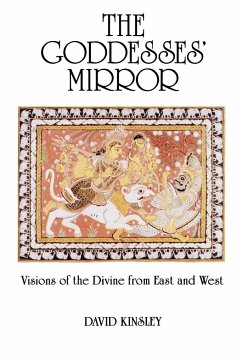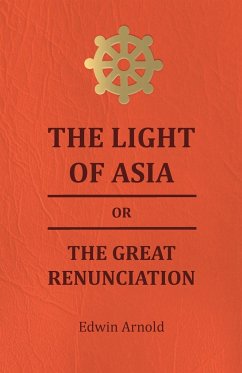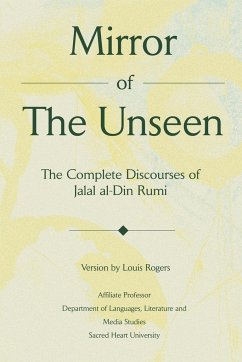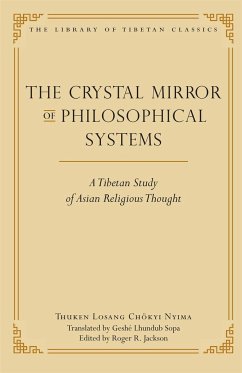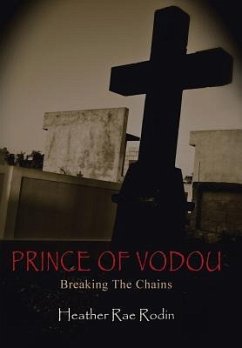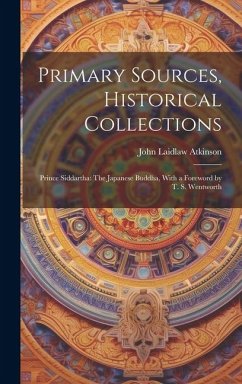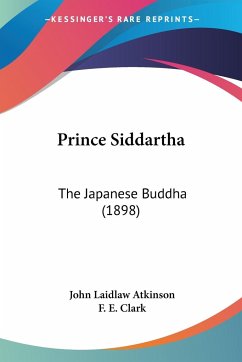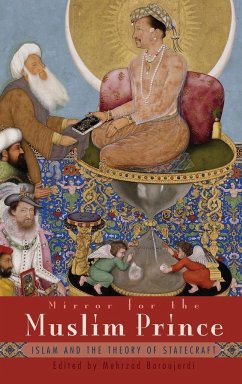
Mirror for the Muslim Prince
Islam and the Theory of Statecraft
Herausgeber: Boroujerdi, Mehrzad
Versandkostenfrei!
Versandfertig in über 4 Wochen
48,99 €
inkl. MwSt.

PAYBACK Punkte
24 °P sammeln!
In this volume, a group of distinguished scholars reinterpret concepts and canons of Islamic thought in Arab, Persian, South Asian, and Turkish traditions. They demonstrate that there is no unitary "Islamic" position on important issues of statecraft and governance. They recognize that Islam is a discursive site marked by silences, agreements, and animated controversies. Rigorous debates and profound disagreements among Muslim theologians, philosophers, and literati have taken place over such questions as: What is an Islamic state? Was the state ever viewed as an independent political institut...
In this volume, a group of distinguished scholars reinterpret concepts and canons of Islamic thought in Arab, Persian, South Asian, and Turkish traditions. They demonstrate that there is no unitary "Islamic" position on important issues of statecraft and governance. They recognize that Islam is a discursive site marked by silences, agreements, and animated controversies. Rigorous debates and profound disagreements among Muslim theologians, philosophers, and literati have taken place over such questions as: What is an Islamic state? Was the state ever viewed as an independent political institution in the Islamic tradition of political thought? Is it possible that a religion that places an inordinate emphasis upon the importance of good deeds does not indeed have a vigorous notion of "public interest" or a systematic theory of government? Does Islam provide an edifice, a common idiom, and an ideological mooring for premodern and modern Muslim rulers alike? The nuanced reading of the Islamic traditions provided in this book will help future generations of Muslims contemplate a more humane style of statecraft.



